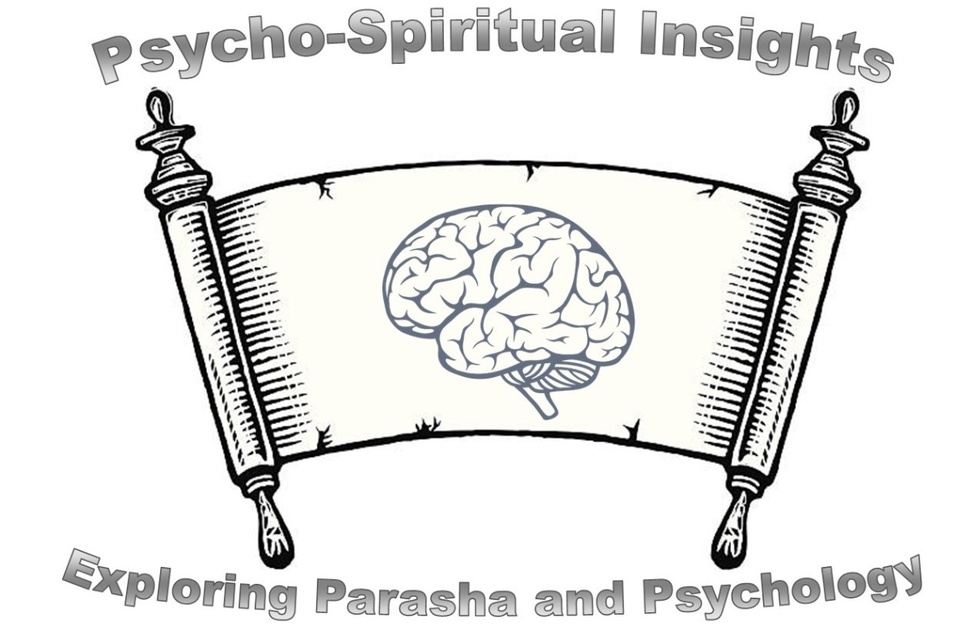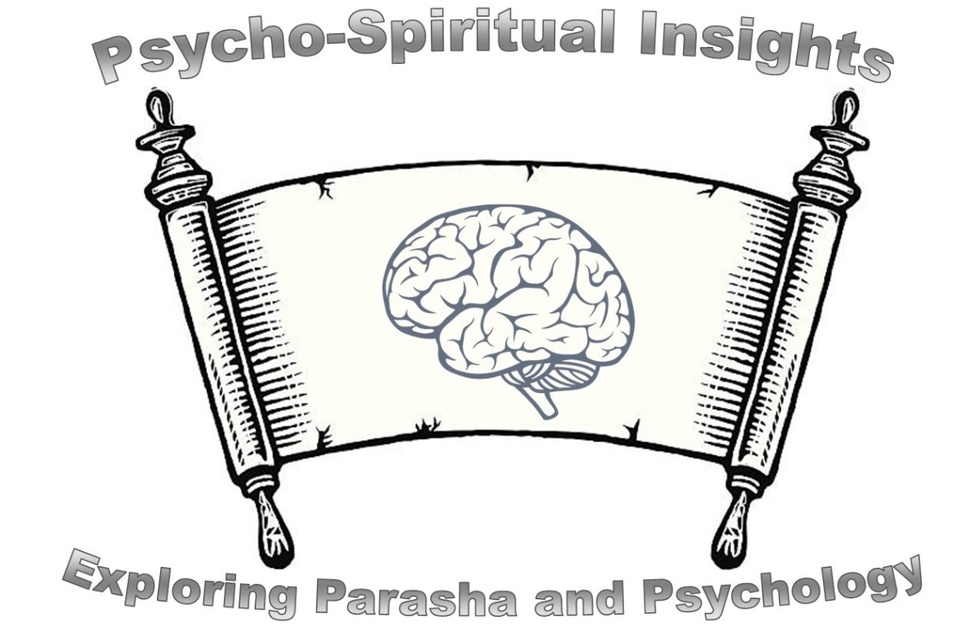
Parshat Vaera begins the process of instilling hope into Bnei Yisrael that the redemption is nearing. Hashem appears to Moshe Rabeynu providing him the inspiration to approach Bnei Yisrael with a message of salvation. When Moshe approaches the nation, currently in servitude, we encounter a moment of profound despair. As they are burdened by the harshness of their slavery, they are unable to heed the words of their future leader.
The Passuk (Exodus 6:9) says that Bnei Yisrael did not listen to Moshe “mi-kotzer ruach u-mei-avodah kasha – through shortness of spirit and cruel bondage.” The word Ruach typically translated as spirit, is also the Hebrew word for breath. This is not only a physiological term but also carries deep spiritual significance, often linked to the divine breath that animates all living beings. On this, Rashi writes that if someone is suffering, their breath comes in short gasps and they struggle with deep breathing. The Or HaChaim further elaborates that because of the cruel bondage, they suffered a state of mind of impatience, making it difficult for them to continue their hard labor and envision redemption. The Torah is explaining that Bnei Yisrael suffered from physical and psychological shortness of breath.
The act of breathing is fundamental to our existence, both physically and spiritually. The quality of your breath reflects the quality of your life. Breathwork is a conscious and intentional practice that involves controlling and manipulating one's breath to promote relaxation and wellness. When practiced mindfully, it has been shown to activate the body's relaxation response, reducing the production of stress hormones and promoting a sense of calm. Deep rhythmic breathing patterns associated with breathwork have been linked to improved cognitive function, including increased attention and focus. By optimizing oxygen intake and promoting better circulation, breathwork can positively influence cognitive processes, supporting mental clarity and overall cognitive well-being.
The Sfrono writes that salvation did not appear believable to Bnei Yisrael in their present state of mind. Slavery had not only restricted their physical freedom but had also stifled their spirit and hope. The inability to catch one's breath suggests a state of overwhelming despair, where the weight of suffering becomes suffocating, affecting not only the body but also the soul.
In contemporary psychology, mindfulness and breathwork are recognized as powerful tools for managing stress and promoting mental well-being. The act of focusing on one's breath, taking deliberate and conscious breaths, can be a transformative practice. It allows individuals to ground themselves in the present moment, fostering a sense of calm and clarity even in the face of adversity. Breathing is not just an automatic function; it's a conscious reminder that every inhale is a chance to start anew, and every exhale is an opportunity to let go.
Here are three short tips to increase breathwork:
- Start with Awareness: Begin by cultivating awareness of your breath throughout the day. Take a few moments to notice the rhythm of your breathing, especially during moments of stress or tension. Simply observing your breath without judgment sets the foundation for incorporating intentional breathwork.
- Practice not Perfection: Practice different options to find what works for you. Consider diaphragmatic breathing by focusing on deep, belly breaths. Inhale slowly through your nose, allowing your diaphragm to expand, and exhale fully through your mouth. Consider 4-part breathing, by intentionally breathing in, pausing, breathing out, and pausing. Consider Circle breathing for children by inhaling and raising your hands in a semi-circle and exhaling and lowering your hands completing the circle.
- Create Rituals: Establish breathwork rituals by dedicating specific times for focused practice. This could be a few minutes in the morning as part of our Modeh Ani or incorporating breathing at part of children’s bedtime routines.
As we reflect on Bnei Yisrael’s plight in Parshat Vaera, we are reminded of the importance of cultivating resilience through mindful breathing. Breathing is not just the act of inhaling and exhaling; it's the art of being present, a constant reminder that each breath is a gift. This gift was given to us directly by Hashem creating us “vayyippach be'appav nishmat chayyim - blowing into his nostrils the breath of life (Genesis 2:7).” By paying attention to our breath, we can create a space for introspection, prayer, and connection with Hashem, increasing our faith and regulating our response. By recognizing the significance of breath in both the Parsha and our own lives, we can cultivate resilience, foster mindfulness, and contribute to the well-being of ourselves and those around us.
Elan Javanfard, M.A., L.M.F.T. is a Consulting Psychotherapist focused on behavioral health redesign, a Professor of Psychology at Pepperdine University, & a lecturer related to Mindfulness, Evidence Based Practices, and Suicide Prevention. Elan is the author of Psycho-Spiritual Insights: Exploring Parasha & Psychology, weekly blog. He lives in Los Angeles Pico Robertson community with his wife and three children and can be reached at Elan.Javanfard@gmail.com.
 Previous
Previous

